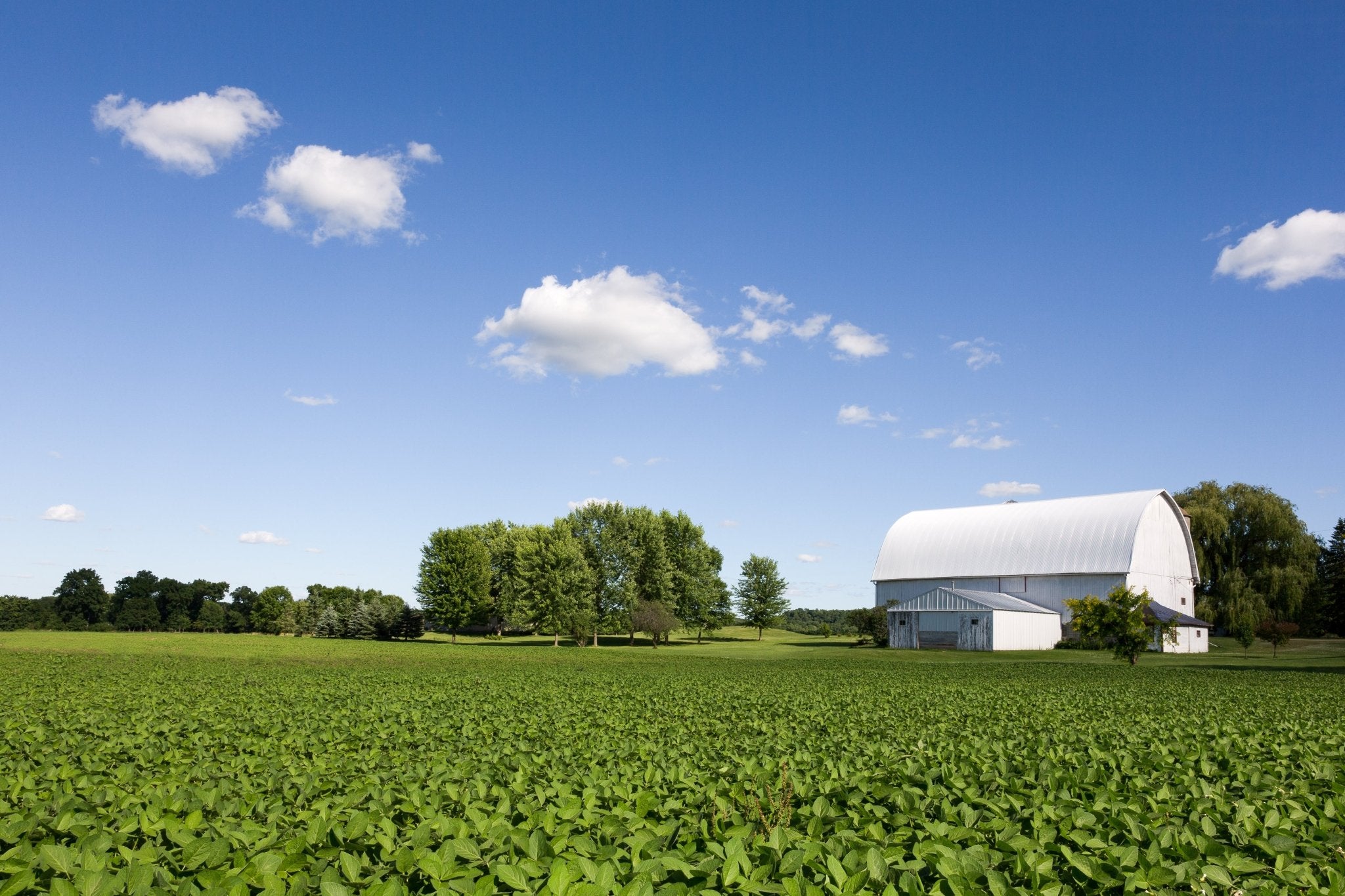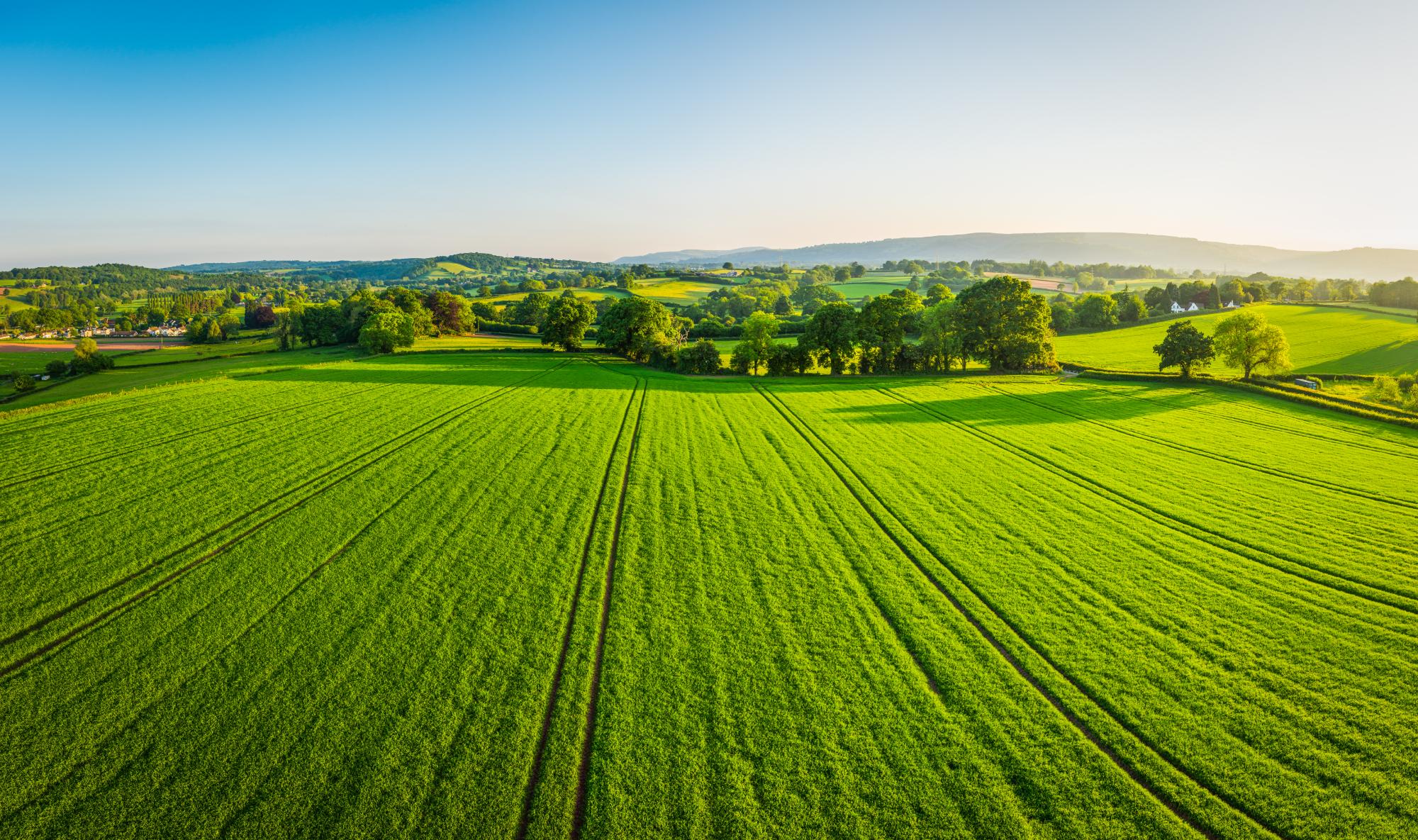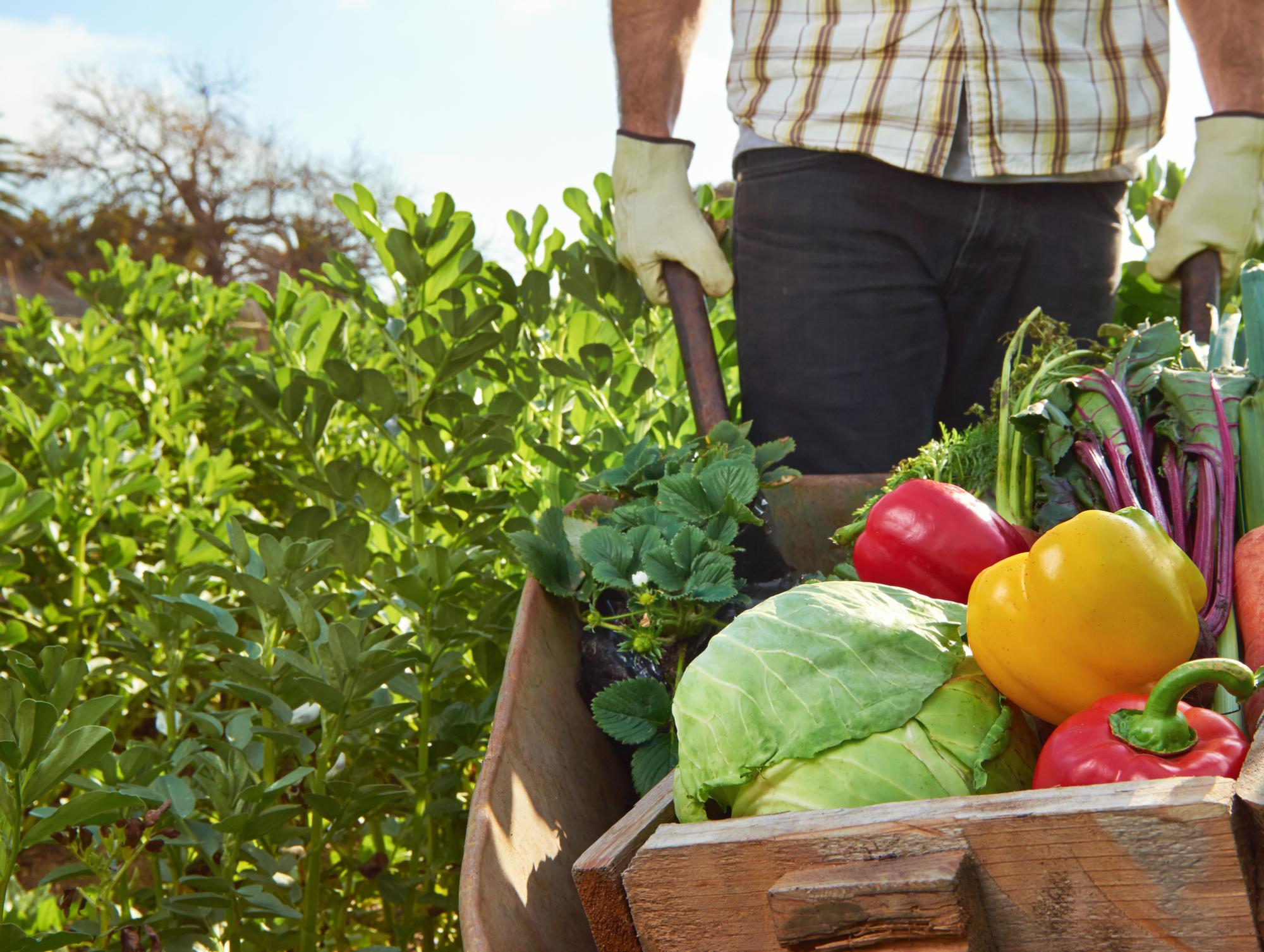
Organic Farming: The Next Big Investment Opportunity
Tags:
Gold will always be gold, but, as investments go, organic farmland functions much the way gold does – as a safe and steady capital (read: real thing) investment. The organic farming industry continues to grow, and so does its presence in the financial sector. What was once a fringe industry of small farms has matured into a market force with some of the industry’s mom and pop start-ups growing into influential multi-million and even multi-billion dollar companies. While most of us have watched the rise of organic in the form of better and more diverse offerings at the grocery store, one of the most telling signs of success is its appeal to investors. 



Investing in Farmland
All farmland has become more valuable in the past twenty years, with prices growing by as much as 287% over a five year period. This value increase caught the attention of investors about ten years ago, when the financial crisis opened opportunities for big players like pension funds, university endowments, banks, and Wall Street firms to buy farmland. The basic equation of this sort of investing is: buy land, lease it out while you wait for it to increase in value (making a decent income in the meantime), then really cash in by selling when prices are high, as they have tended to be for the past ten years. This sort of land owner is interested in managing land for short-term profit (holding land for 1-4 years), not long-term sustainability. The result is an increasingly high turnover of farmland ownership. A 2016 USDA report found that 80% of rented farmland is owned by non-operator landlords (investment holders), and that rented farmland makes up 30% of total farmland in the US (283 million acres). That means that 226 million acres of farmland are without active stewardship. Farmer tenants often don’t stay on the land for long, creating a situation without built-in incentives to invest in things like soil health, biodiversity, or erosion control. Farmers in this system also become vulnerable to shifting rents, priced to strike a balance between that year’s commodity crop prices and the value of the land – a balance designed to benefit the land-owning investor, not the farmer tenant. In this profit-centric model, when an investor sells, the land goes to the highest bidder (whether that is a farmer, a developer, or someone else). What at first glance may look like a “green” investment is more often a conduit of farmland degradation and an additional element of uncertainty for family farmers. With the majority of US farmers nearing retirement age in the coming decade, many may be tempted to sell their land to investors, compounding the trend.
Going Organic
Farmland investing doesn’t have to be a rigged game or one that adds to the destruction of farmland. When they take into account the needs of farmers and the land itself, investments in agriculture have the potential to make a meaningful impact. A handful of companies focused on sustainable and organic farming are leading the pack in both land restoration and profit-making. Investing in organic agriculture is not a straightforward prospect. Investors wanting to earn a profit while supporting sustainable farming practices have many options, and much like the organic food movement was in its youth, proponents of organic farmland investing are still working out the details, testing strategies, and learning how to garner wide appeal without diminishing the benefit to farmers and the land itself. One solution is to tweak the existing farmland investment model to work with the needs of organic farming. Companies such as Iroquois Valley Farms, Farmland LP, and Dirt Capitol buy farmland, transition it to organic certification, and rent it to farmers through a lease program that is significantly different from the conventional model. Companies investing in organic land want to see it improved by their tenants, and those improvements take time. Because of this reality (and the additional goal of wanting to enable new farmers as well as facilitate generational turnover of existing farms), these companies do not typically set term limits on their leases. For this arrangement to work, companies dealing in organic farmland must also take an active role in land management and require that their investors understand the long-term nature of the investment before signing on. In the case of Iroquois Valley, no land can be sold to buy out shares; the land is never sold unless the farmer wants to buy it. Farmers may lease indefinitely without fear of the land being sold from underneath them, and when they’ve grown their business to have enough resources for a loan, they can buy the land they’ve already built a relationship with.Spinning Gold out of Compost
The organic model of farmland investing is the inverse of the conventional model: rather than being abused and depleted by short-term users, the land instead becomes more valuable the longer it’s worked. In a glorious (if somewhat oversimplified) feedback loop, compost conditions feed the soil, which produces sustainable income from the farm, which increases the value of the land and returns to investors. Because demand for organic products is so high relative to the supply, organic crops sell for prices double or quadruple those of conventional crops, making this arrangement a profitable one for both farmers and investors. Companies offering investments in organic land are also proving that a sustainable version of farmland investing is not only a feel-good endeavor, but a profitable one. With both Iroquois Valley and Farmland LP already experiencing double digit returns, the potential for even the most profit-driven investors to throw money at a planet-saving project is there – and that’s a win for everyone. Organic farmland investments are a long-term strategy from any angle, and the most compelling angle for investors may be their resiliency. As conventional farming models buckle under the constraints of resource depletion (drained aquafers, exhausted soil fertility, or complications related to climate change), organic farms are better poised to adapt and pull ahead.
Can I Invest in Organic?
The type of organic land investments described here are limited to accredited traders, endowments, banks, and the extremely wealthy. At present, individual investments in funds like Iroquois Valley or Farmland LP aren’t an option, though both have their sights on providing public offerings down the road. Farmland LP founder, Craig Wichner, said in an Orion Magazine interview that going public: “It's really the way to turn farmland back into a commons. Back into a common good.” Until then, perhaps the best investment you can make is in the purchase of organic food – support a local farm by joining a CSA or buy your produce at the farmers market, and make your grocery store run as organic-focused as possible. You won’t see a return in dollars, but if you (and enough of your fellow community members) stay the course, you will see one in the form of a thriving regional food network and an organic industry that continues to turn the heads of investors who can make those impactful investments. The returns will come back as cleaner water, air, and soil, thriving ecosystems, and healthier communities.Would you like to be the first to hear about our new products and more? Sign up for our Nature’s Path Newsletter.

